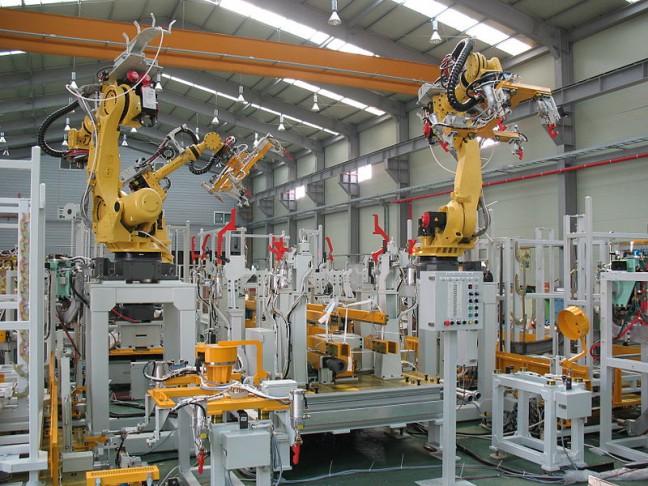It looks like one of President Barack Obama’s last hurrahs has been beginning to reach its climax as the Trans-Pacific Partnership waits anxiously for Congress’s approval before it can actually take effect.
The Trans-Pacific Partnership is an international trade agreement between the U.S., Canada and about 10 other countries surrounding the Pacific Ocean that would reduce or eliminate tariffs on goods and services along with various other changes.
But in Wisconsin, lawmakers have been utterly divided on the topic.
The beef many Wisconsin politicians have with this free trade deal is the fact it could come with the loss of hundreds of thousands of American jobs, with the possibility of many of these being Wisconsin manufacturing jobs.
Manufacturing is a massive Wisconsin employer. It’s not hard to see that sending a substantial number of manufacturing jobs overseas does not bode well for those currently working in Wisconsin.
On the other hand, the potential for this trade deal to greatly benefit the Wisconsin agriculture industry has many lawmakers excited.
There’s a pretty good chance this partnership would be able to help out food processors, agriculture producers and equipment manufacturers in the exportation of their commodities. This could give quite the boost to the industry for which Wisconsin is ultimately known.
So it appears our U.S. Congress incumbents have found themselves in a bit of a legislative pickle. They can either vote to approve the Trans-Pacific Partnership in hopes of boosting the dairyland’s agriculture industry or to reject the deal because the risk of job loss in the manufacturing sector is too great.
It’s a tough decision, but with the help of some good debates, discussion and amendments, I’m sure the best deal for all parties can be reached.
Unless, of course, Congress did something crazy like giving Obama and his administration the traditionally congressional authority to negotiate terms of international commerce and also eliminate their ability as the Legislature to amend the resulting bill.
As it turns out, our fearless leaders in Congress did just that last summer. Obama and his administration were allowed to Fast Track these international trade negotiations, which means Congress relinquished its authority over international commerce to the executive branch.
Now this in itself isn’t necessarily a bad thing, but what’s troubling in this Fast Track process is the fact members of Congress only have 20 hours to debate the final draft of the bill before they go into an up or down vote on it all without being able to add amendments.
The legislative branch functions on the ability to debate and amend bills in order to find the best compromise for all parties involved. It becomes rather problematic when a select handful of politicians in Washington, D.C. draft a bill immune to the amendment process, which could possibly have a devastating impact on jobs all across America.
I’m not trying to paint Obama and his administration as out-of-touch with the American people, but I think it’s pretty safe to say Wisconsin’s representatives in Congress have a little better idea of what’s best for the citizens of this state than the president of the entire country.
Furthermore, what’s the rush? Let Congress do its thing and allow our representatives to watch out for us. If the only way to do this is by rejecting the current partnership bill and starting over, then so be it. Either way, our state representatives should be able to substantially influence the workings of a bill that will most likely have a great effect on us as citizens of Wisconsin.
Maybe the Trans-Pacific Partnership would do wonders for Wisconsin, and maybe it won’t. But the idea of restricting a state representative’s ability to amend a bill that would most likely have a great effect on the people they represent really doesn’t make much sense.
Phil Michaelson ([email protected]) is a sophomore majoring in biomedical engineering.














